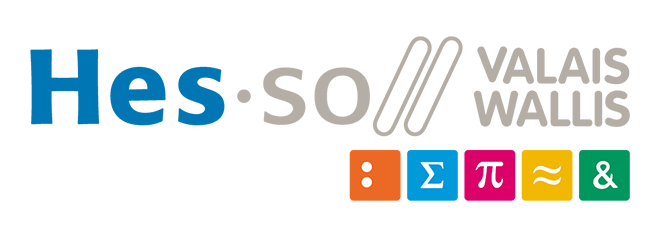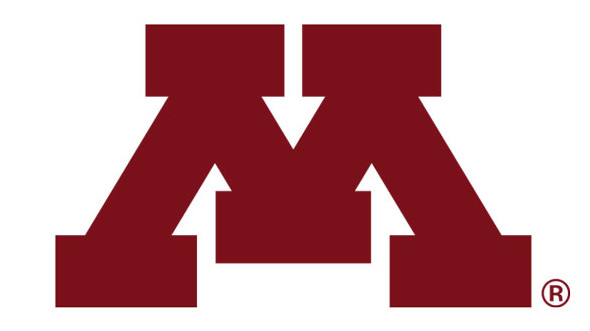Important Dates
| Release of data, code, and metrics for training | |
| Release of examples for submission files | |
| Release of data and metrics for testing | |
| Challenge workshop website goes live | |
| Submission deadline for prediction results files Final Round 3 | Mar. 7 2022 23:59 PST |
| Manuscript submission deadline | |
| Notification of ISBI sub-proceedings acceptance | |
| KNIGHT Workshop | |
| Camera-ready submission to ISBI sub-proceedings | Apr. 15, 2022 |
| Publication of challenge outcomes | Oct. 01, 2022 |
Like the KNIGHT Challenge?
Try the BRIGHT challenge for breast tumor images.
Data
The KiC data is based on the 300 cases made available for training in the KiTS21 challenge [2], 90 of which were used as the KiTS19 [11] test set. The cohort includes patients who underwent partial or radical nephrectomy for suspected renal malignancy between 2010 and 2020 at either Fairview University of Minnesota Medical center, or Cleveland Clinic, in Ohio. All patients in the cohort underwent a multi-phase contrast-enhanced preoperative CT scan that included the entirety of all kidneys. Each case contains the late arterial phase. The preoperative late arterial phase is independently segmented three times for each instance of the following semantic classes: Kidney, Tumor, and Cyst; further information about the annotation process and content generated is available at [2,12]. In addition to preoperative CT scans, each case also contains clinical information such as demographics, comorbidities, intervention, postoperative pathology results, and clinical outcomes. This information was found by a manual review of each patient’s Electronic Medical Record (EMR) in conjunction with a database query for certain structured fields. A list and short description of most of the collected attributes from this phase can be found in [12]. Some additional clinical information will be made available as well for the KiC dataset. The postoperative pathology results are mapped into five risk groups: B, LR, IR, HR and VHR. These five risk groups are then merged into two classes based on the follow-up treatment. NoAT includes B, LR and IR. CanAT includes HR and VHR.
All the published clinical data can be used, of course, during the training procedure, during the test time, only the following data attributes will be available:
- "age_at_nephrectomy"
- "gender"
- "body_mass_index"
- "comorbidities"
- "smoking_history"
- "age_when_quit_smoking"
- "pack_years"
- "chewing_tobacco_use"
- "alcohol_use"
- "last_preop_egfr"
- "radiographic_size"
- "voxel_spacing"
The methods developed by the participants will be evaluated on a test set which will be published with only the contrast-enhanced preoperative CT scans and the list of data attributes specified above.
PyTorch users may follow our baseline example to obtain the already prepared PyTorch dataset and dataloader objects.
Data repository: https://github.com/neheller/KNIGHT
| NoAT | CanAT | Total | ||||
| B | LR | IR | HR | VHR | ||
| Train | 25 | 142 | 48 | 40 | 45 | 300 |
|---|---|---|---|---|---|---|
| Test | In progress | 100 | ||||
Table 1: The number of patients and distribution per risk group in the KiC dataset.
The Challenge
To encourage the accelerated discovery of prognostic biomarkers, we propose a quantifiable challenge that aims at benchmarking preoperative prediction of renal cancer prognosis. Teams are invited to perform the following three tasks:
Task 1: A binary classification task where we group the five original subtypes into two groups according to adjuvant treatment candidacy
Task 2: A five-class classification task in which all five of the guideline-defined risk categories are considered
Task 3:(a bonus task that does not affect the ranking of challenge participants) Discovery of prognostic biomarkers. Share with us if/what have you learned about biomarkers associated with adjuvant therapy candidacy. The results will be reviewed by clinicians and the authors might be invited to collaborate in a paper sharing such insights.


